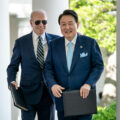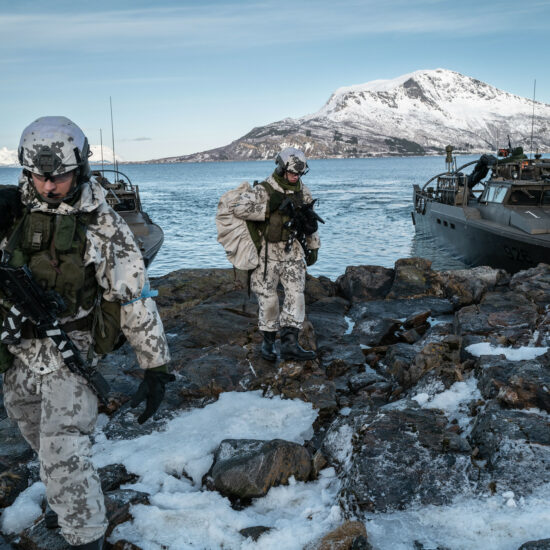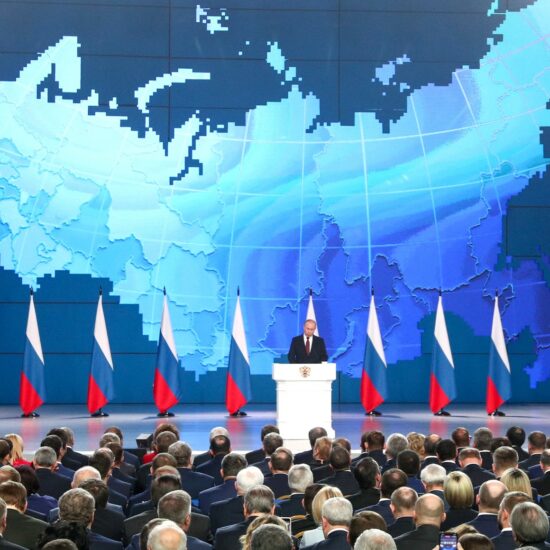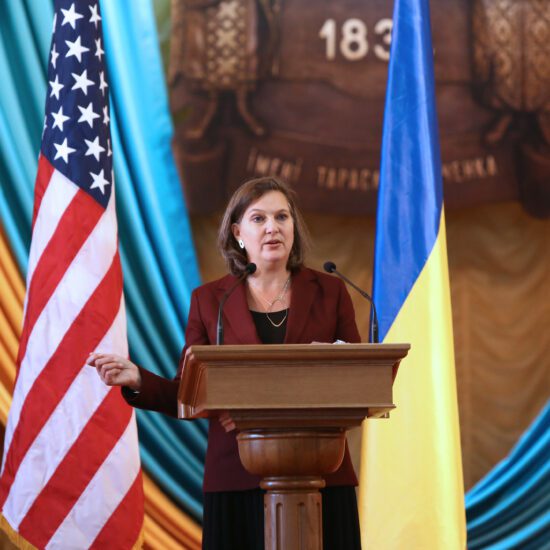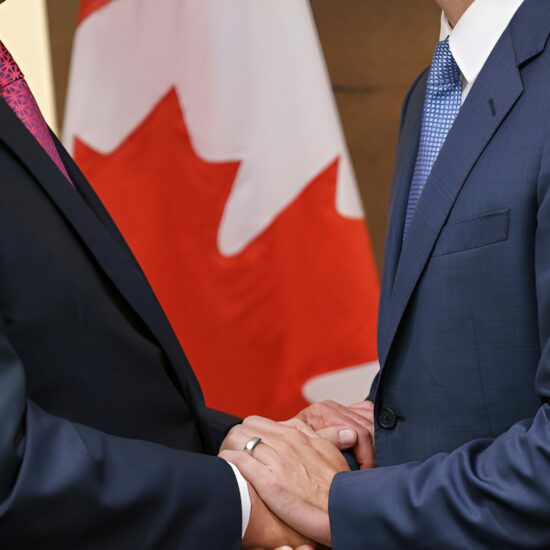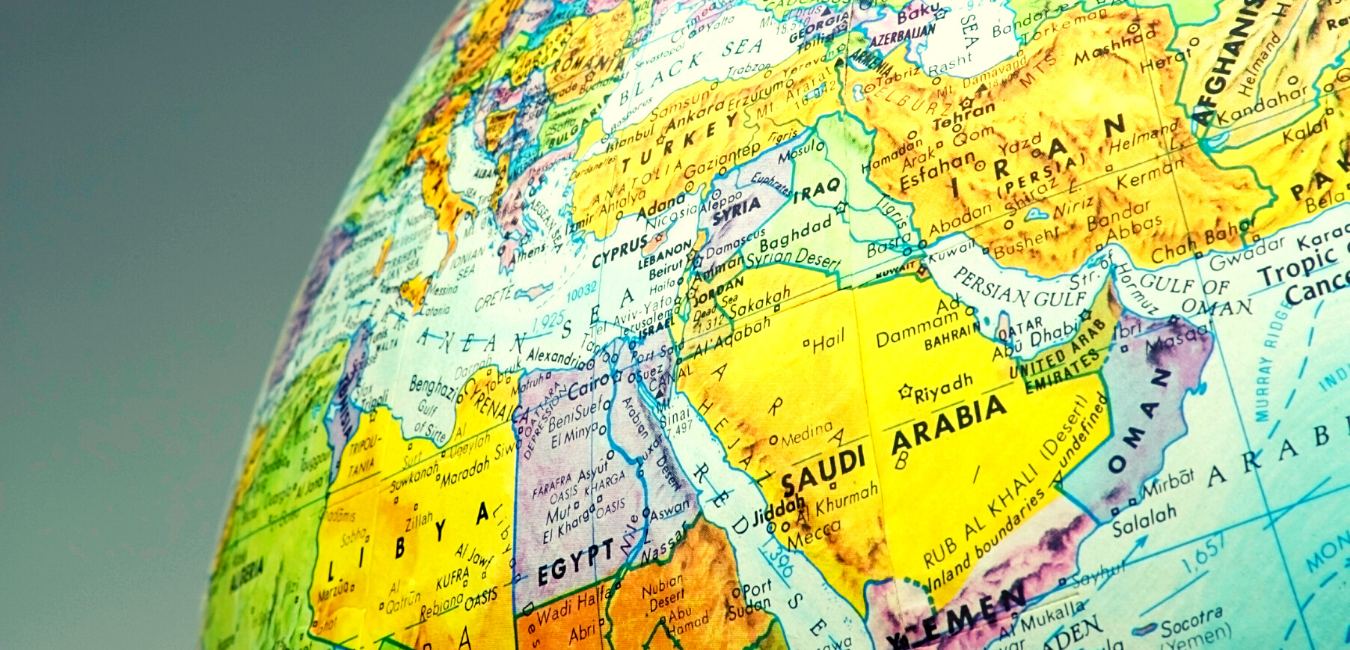
The Institute for Peace & Diplomacy (IPD) is pleased to announce our panel, ‘Prospects for Iran-GCC Rapprochement in the Biden Era.’ The discussion is scheduled for February 8th at 11 AM (ET) and can be watched live upon registration. Please reserve your spot with this link.
With the change of leadership in the White House, President Joe Biden is expected to take a different approach to the Middle East with a plan of undoing some policies of his predecessor Donald Trump in the region. During his election campaign, he promised to rejoin the Iran Nuclear Deal known as the JCPOA, an agreement strongly opposed by the US traditional allies, namely Saudi Arabia and Israel. Biden has also proposed to expand the scope of the agreement, arguing that “a restored deal would be a starting point for negotiations of a larger agreement that addresses other long-standing issues with Iran.”
In parallel to the developments in Washington, there have been talks of Qatar organizing a possible regional dialogue between Iran and GCC member-states. In this rapidly changing security environment, it is imperative to discuss the challenges and opportunities for dialogue, cooperation, and diplomacy in Western Asia and gain a nuanced understanding of each side’s motivations and interests in the region.
Panelists:
Hossein Mousavian
Dr. Hossein Mousavian is Iran’s former Ambassador to Germany (1990-1997), having also served as the Head of the Foreign Relations Committee of Iran’s National Security Council (1997-2005). Mr. Mousavian is currently a Princeton University scholar, serving as the Middle East Security and Nuclear Policy Specialist at the university’s Woodrow Wilson School of Public and International Affairs. He holds a Ph.D. in international relations from the University of Kent and a master’s degree from the University of Tehran, having earned his bachelor’s degree from the University of California, Sacramento.
Ilan Goldenberg
Ilan Goldenberg is a Senior Fellow and Director of the Middle East Program at the Center for New American Security (CNAS). Among formerly-held government positions, Mr. Goldenberg served as the former Chief of Staff to the Special Envoy for Israeli-Palestinian Negotiations at the U.S. Department of State. He holds a master’s degree in International Affairs from Columbia’s School of International and Public Affairs while having earned his BA in international studies from the University of Pennsylvania. He also holds a B.S. in economics from the Wharton School of Business.
Ebtesam Al-Ketbi
Dr. Ebtesam Al-Ketbi is a founder and president of the Emirates Policy Center, being the first Arab woman to lead a think tank. She is a member of the board of directors of the Washington-based Arab Gulf States Institute. Among her previously served capacities, Ms. Al-Ketbi served as the secretary-general of the Gulf Development Forum. She is currently a member of the Consultative Commission of the Gulf Cooperation Council and also a political science professor at the United Arab Emirates University. She holds a Ph.D. in political science from Cairo University.
Abdullah Baabood
Abdullah Baabood is the former director of the Centre for Gulf Studies at Qatar University. He is an Omani academic, focusing on economic, social, and political developments in GCC states and their foreign policies. He is currently a visiting research professor at the National University of Singapore’s Middle East Institute. Mr. Baabood has published several books and articles and has taught at various European institutions and Universities. He holds a master’s degree in international relations as well as a master’s degree in business administration, both from the University of Cambridge.
Moderator:
Barbara Slavin
Barbara Slavin is the director of the Future of Iran Initiative and a nonresident senior fellow at the Atlantic Council, a lecturer in international affairs at George Washington University and a columnist for Al-Monitor.com, a website devoted to news from and about the Middle East. The author of Bitter Friends, Bosom Enemies: Iran, the US and the Twisted Path to Confrontation (2007), she is a regular commentator on US foreign policy and Iran on NPR, PBS, and C-SPAN.

